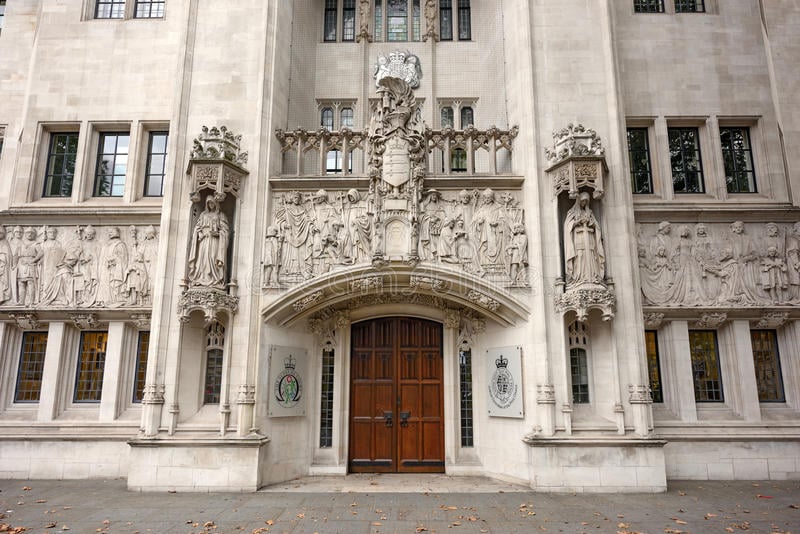The Legal Implications of Cohabitation: Recent Changes and Future Reforms
The legal implications of cohabitation have been a hot topic in recent news, with significant changes being made to the entitlement of cohabiting couples to bring them more in line with married couples and civil partners.
In 2017, the Supreme Court made a landmark decision to disapply the requirement for pension nomination forms to be completed for cohabitees to benefit. The following year, the Supreme Court ruled that the exclusion of cohabitees from entitlement to Widowed Parents Allowance (“WPA”) was unlawful, leading to the introduction of the Bereavement Support Payment scheme in 2023.
With an estimated 21,000 households potentially entitled to backdated payments, the deadline to claim is set for February 8, 2024.
Looking ahead, the Labour Party has promised a reform of laws affecting cohabiting couples if they win the General Election expected to take place in 2024. Shadow Attorney General Emily Thornberry MP highlighted the lack of rights for women in cohabiting relationships, emphasizing the need for change.
Money-saving expert Martin Lewis also raised concerns about the risks faced by cohabitees, noting that even after years of living together, they may have no legal entitlements if the relationship ends.
Legal experts specializing in wills, trusts, and estate disputes have seen many cohabitees caught off guard by their lack of legal rights upon the death of their partner. The Inheritance Act provides some protection for cohabitees meeting certain criteria, but questions remain about what constitutes “living in the same household” and when cohabitation officially begins.
As discussions around legal reform for cohabiting couples continue, defining key terms and criteria will be crucial to ensure fair treatment and protection for all parties involved. Stay tuned for more updates on this evolving legal landscape.


